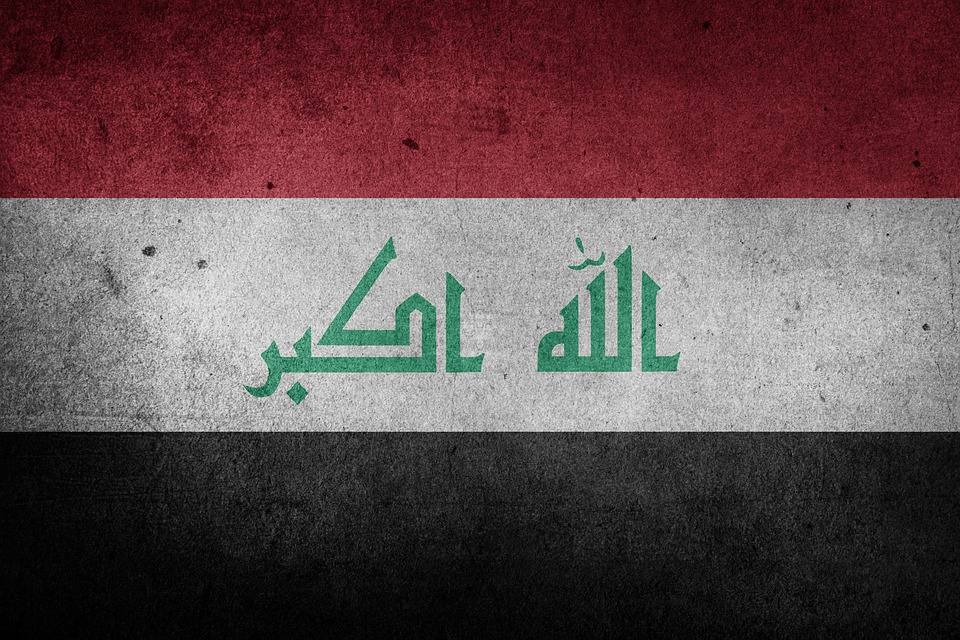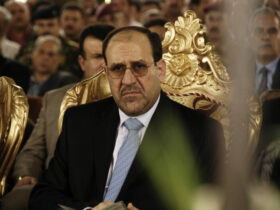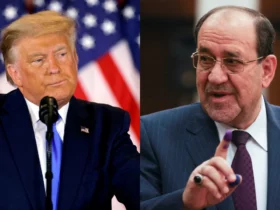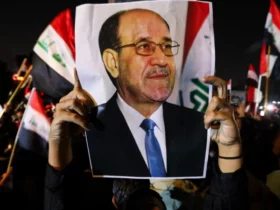By Diyari Salih
Abdul Sattar Bayrakdar, the spokesman for the Supreme Judicial Council in Iraq, has recently revealed that he is facing serious pressure from various political leaders to acquit some parliamentarians and politicians accused of corruption. This undoubtedly puts the prestige of Iraqi law at stake, as well as the new administration.
This article alleges that Iraq cannot get out of the post-2003 maze unless the legal system is protected from the effects of political forces that want to marginalize the vital role of this issue. If it doesn’t stand firm, the Judiciary system will lose its ethical role in our society, and the results will only favor the political actors trying to control the state.
In the new Iraq, corruption has become a widespread phenomenon in diverse sectors of the government. Thus, the Corruption Index, annually prepared by Transparency International organization (TIO), selected Iraq to be among the list of the most corrupt countries in the world in 2019.
In her message to the public, Delia Ferreira Rubio, the chair of TIO, said: “corruption is much more likely to flourish where democratic foundations are weak and, as we have seen in many countries, where undemocratic and populist politicians can use it to their advantage.”
Political exploitation often aims to create a basis for corruption through which non-democratic players can attempt to subject the state to their will and goals. This is what has been taking place in Iraq for decades.
Across the TV channels and social media, there are accusations targeting the judiciary saying that corruption cases are now being politicized for personal revenge. This argument neither implies that the judiciary is acting fairly nor does it imply that the politicians are not guilty.
In return, most Iraqis welcome any effort exerted by any team, whether political or statutory, to reform this establishment provided the effort is not a part of a broader political game to eventually control it.
Judges must now work on embarrassing such politicians by demanding them to submit the documents proving their allegations. This might set a good example for other Iraqi groups to consolidate their confidence in this institution. The judiciary will have to verify that it has the ability to deal with truths, amend its behavior and defend its function, something deeply respected by people.
The struggle of crooked politicians to extend their destructive task to the judiciary arena means nothing less than the collapse of the power of the state. Again, no one stands to benefit from this scenario except those politicians who oppose any concrete moves to reshape the state by means of creative interaction between people and the judiciary.
When corruption spreads in rich countries, it develops patterns different from the models which exist in poor nations. In Iraq, where the state has a geographically important location and several geopolitical elements of power like oil, this sort of corruption is at its most dangerous as it puts the fortune of such a country in jeopardy.
This nation deserves a different fate wherein these resources are invested to develop itself and the Middle East. Strength of law and the judiciary constitute the first and most important front to defend this destiny.
Hence, we can say that dragging the law into political disagreements could lead the Iraqi state into a dark tunnel with no end in sight.
For instance, numerous political parties do not like to give the judiciary system any possibility of following the money used in the electoral campaigns. Iraqi society and its protest movements are calling for the necessity of the judiciary stepping in to monitor these funds and chase the financial assets of politicians to guarantee the integrity of the election.
Grand Ayatollah Sayyid Ali al-Sistani, the top Shiite clergyman in Najaf city, has said many times that the next election must escape the influence of political money. It is an effective call for regenerating the arena where the society and the judiciary meet to prevent corrupt politicians from fraud.
At present, Iraqis are still betting on this dream: they think that the reforms can save the Iraqi state from drowning. The Iraqi judiciary has lawful means through which it can reshape the track of the state and the nature of socio-political interaction occurring in it. Hence, those who do not want Iraq to be revived are doing everything possible to damage the judiciary’s reputation.
The Iraqi judiciary must benefit from the fact that recent protests have resulted in consolidating the institution’s ability to pursue files on corrupt politicians. There has been strong support from the population for the decision.
Nonetheless, bringing these politicians to trial is no easy mission. However, the events of the October revolution have paved the way for producing a special court to investigate at least the most corrupt figures. Naturally these politicians are using all of their resources to stop this from happening, but other politicians, especially young ones, have a realistic chance at resisting them.
After the end of the war against ISIS, Iraqis felt the time had come for their next challenge: “the fight to reform the judiciary, contain corruption, and restore the state.” At present, Iraqis understand that there is still much work to be done in order to fulfill this sacred aim. Accordingly, if the judiciary is implicated in any political conflict among partisan groups, it will severely disappoint people’s hope that the change they have been waiting for is finally happening.
In his governmental program, Mustafa al-Kadhimi, the new Iraqi Prime Minister, said he would combat corruption. This was a great message that strengthened Iraqi hopes about the new judiciary system. This is the most important issue facing Iraq, and something that will ultimately decide whether or not al-Kadhimi wins the support of the people.
Diyari Salih is an Iraqi academic working at al-Mustansiriyah university. He holds a Ph.D. in Political Geography from the University of Baghdad and a Post-Doctorate in International Relations from the University of Warsaw. His research focuses on geopolitical issues in Iraq. He tweets at @DiyariFaily
















Leave a Reply